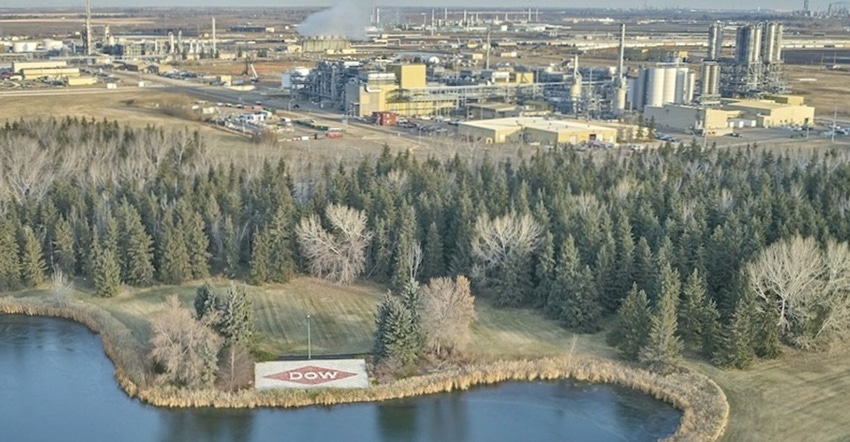Monthly Resin Report: Destocking Finally Runs Its Course
The extended period of destocking stretching all the way back into last year has run out of steam, as production and inventory levels renormalize.

November inaugurated the traditional slow season in the US resin market, which will extend into December. Demand for polyethylene (PE) has slowed, as it normally does this time of year, but has performed better than expected. Polypropylene (PP) demand is also relatively strong given the time of year, although the industry continues to struggle with low operating rates. PE operating rates remain high thanks to abundant export opportunities.
While underlying demand has not seen much improvement, it seems that the extended period of destocking stretching all the way back into last year has finally run its course, and production and inventory levels have renormalized.
PE exports poised to reach 50% of total sales
Exports as a percentage of total PE sales remain strong in the upper-40s and the market is likely to breach 50% before too much longer. Shell Polymers continues to struggle to achieve consistent operations at its Pennsylvania complex, while it seems Nova’s new AST2 line is likely to be delayed into the first quarter of next year. These startups, along with Baystar’s new venture, which is operating and has started selling Prime resin into the market, will finalize the second wave of new PE capacity startups.
Dow moves forward on net-zero cracker
Regarding the third wave, Dow made a final investment decision (FID) to proceed with a proposed net-zero cracker complex in Alberta, Canada. The complex, which will also include additional PE lines with a total capacity of 2 million tonnes/year, will come online in two phases: The first is planned to start in 2027 with the second phase expected for 2029. The other confirmed complex is the CP Chem/QatarPetroleum JV plant in Orange, TX, which is scheduled to come online in 2026. This plant will also have a capacity of 2 million tonnes/year.
November PE contracts settled flat, as producers’ attempts to increase prices were not successfully implemented. The November increase proposals of 3 cents/lb have been deferred to December, although buyers are expected to make a push for a decrease given comfortable supplies and seasonally slower demand. Benchmark contract prices are up by a cumulative amount of 9 cents/lb since the start of the year.
Unexpected outages push propylene contracts higher
November PP contracts settled 5 cents/lb higher, tracking an equivalent rise in same-month monomer propylene. Propylene contracts settled higher based on limited supplies following some unexpected production outages. Propylene contracts have risen by a cumulative amount of 13.5 cents/lb over the past three months. A few producers attempted to raise adders over polymer-grade propylene (PGP), but these attempts were not successful given ongoing supply length and sluggish demand.
Average industry operating rates through the first 10 months of the year have averaged 74.4%, and July 2022 was the last month to record operating rates above 80%. Unfavorable economic conditions have pressured some producers into idling lines for economic reasons. However, the market is now bracing for further capacity additions as Formosa’s new 250,000 tonnes/year PP line is anticipated to start up in the first quarter of 2024.
Domestic sales are down 2.1% year to date through October, but the year-on-year gap has been narrowing in recent months, with the third quarter of 2023 showing stronger sales compared to the same period of 2022.
About the Author(s)
You May Also Like




